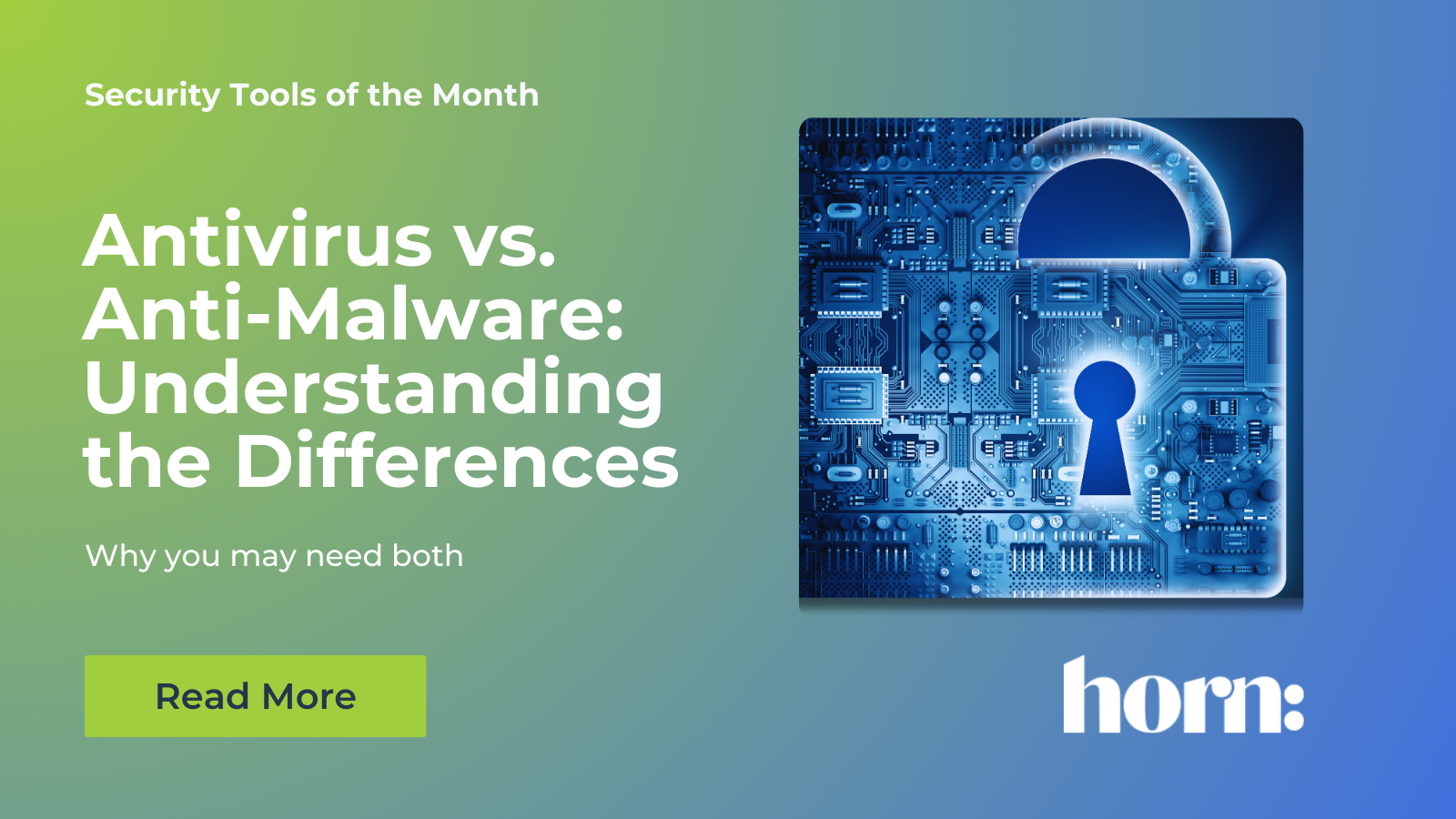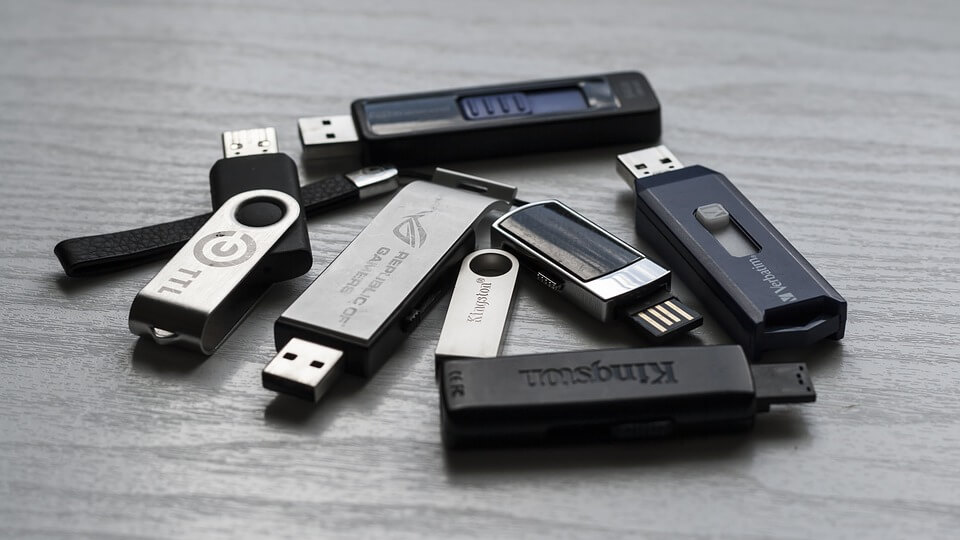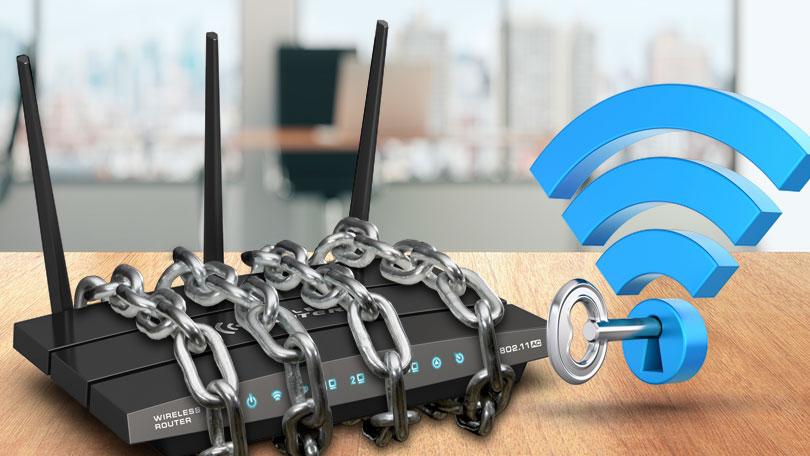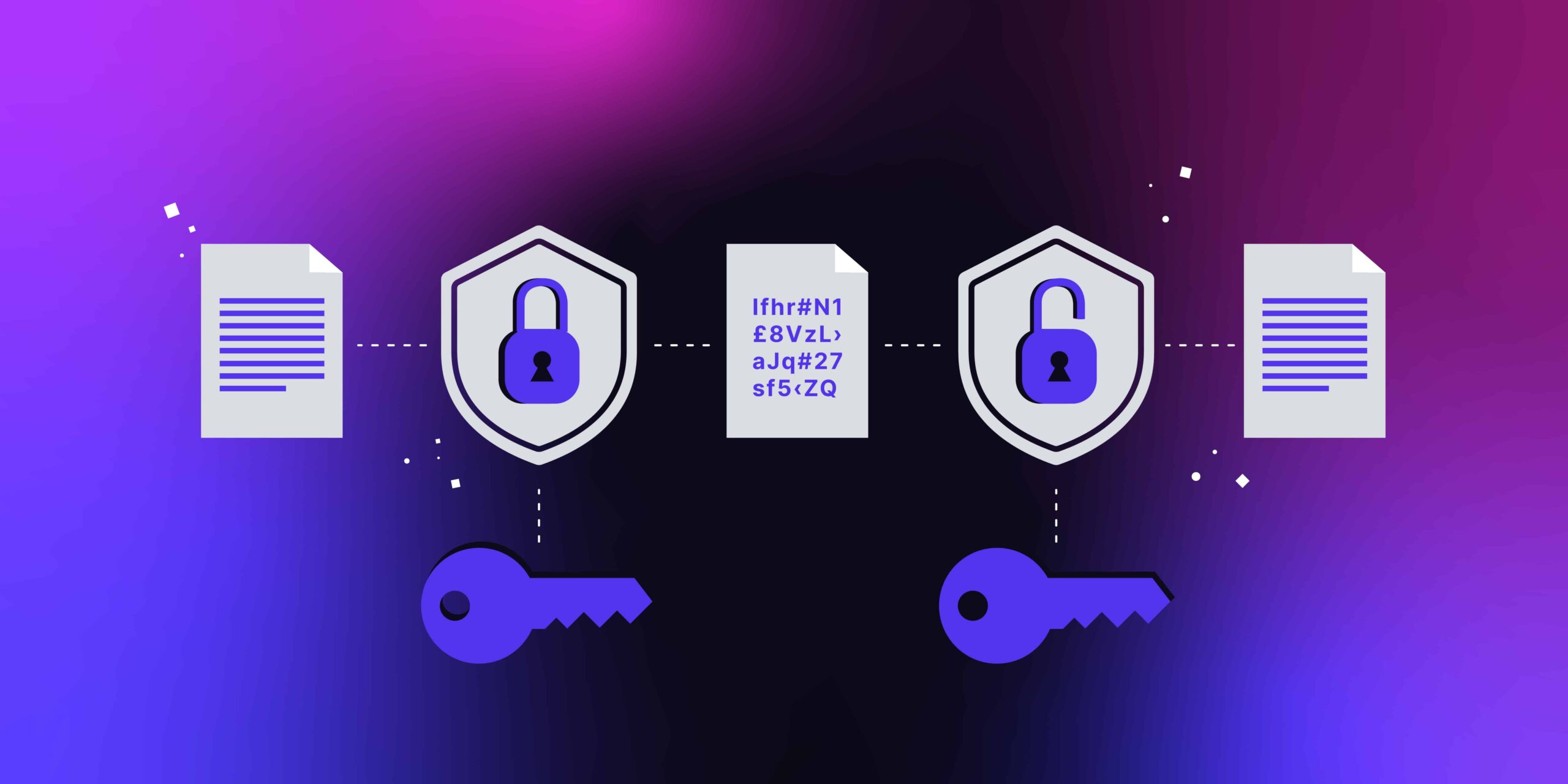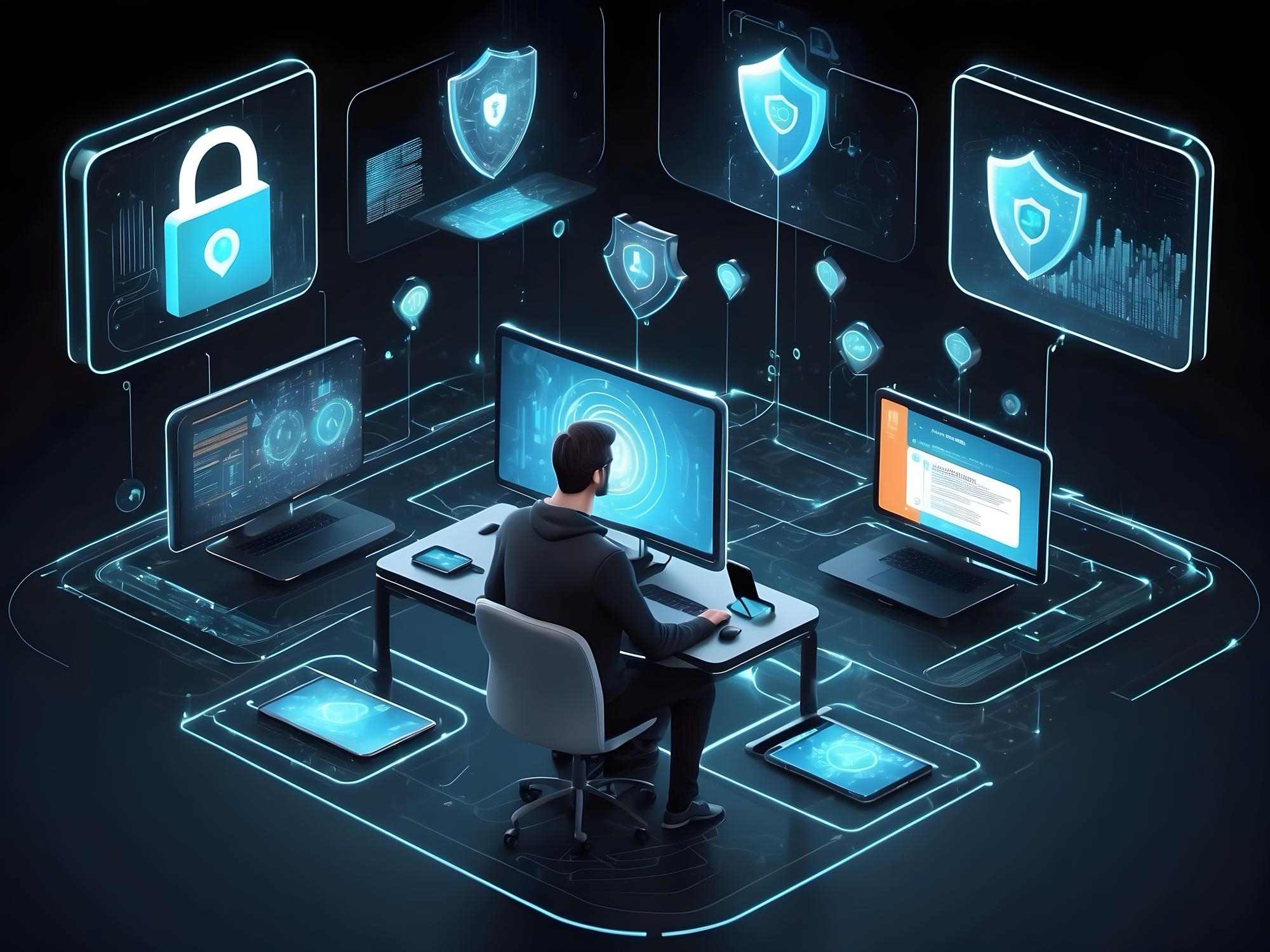Identity theft happens when someone steals your personal information — like your name, credit card number, or ID — to commit fraud or access your accounts.
It’s one of the fastest-growing cybercrimes worldwide, but you can protect yourself with awareness and the right precautions.
Year: 2025
The Role of Antivirus and Antimalware Tools
Your computer or smartphone faces many online threats daily — viruses, spyware, ransomware, and more. Antivirus and antimalware tools act as your digital bodyguards, protecting your system from infection, data loss, and cyberattacks.
Protecting Your Devices from Physical Theft
To protect your devices from physical theft, use strong passwords and biometrics, engage tracking and encryption features, physically secure your devices with locks and in secure locations, and remain vigilant of your surroundings to prevent theft. Always be aware of “shoulder surfing” and avoid leaving unattended devices in public places, cars, or other insecure spots.
How to Secure Cloud Storage Accounts
Cloud storage (like Google Drive, OneDrive, Dropbox, or iCloud) makes it easy to save, sync, and share files anywhere — but without proper security, it can expose your personal or business data to hackers.
The Importance of Regular Backups (and How to Do It)
Regular backups are vital for protecting data from loss due to hardware failures, accidental deletion, malware, and disasters, ensuring business continuity and personal peace of mind. You can perform backups by saving data to external hard drives, USB drives, or online cloud services. Best practices include using the 3-2-1 backup rule (three copies, two different media types, one offsite), automating the process, encrypting your data, and regularly testing your backups to ensure they are reliable and can be successfully restored.
Safe USB and External Drive Usage Practices
USB drives and external drives are super handy but also a common way malware spreads. Here’s a practical guide on Safe USB and External Drive Usage Practices:
Simple Steps to Secure Your Home Wi-Fi Network
To secure your home Wi-Fi, enable strong WPA3 encryption, change the default router login credentials and network name (SSID), create a strong, unique Wi-Fi password, keep your router’s firmware updated, enable the router’s built-in firewall, and set up a guest network for visitors and smart devices.
Why You Should Encrypt Your Data
Encryption is the process of converting readable information (plaintext) into a scrambled form (ciphertext) that can only be accessed with the right key or password.
Think of it as locking your data inside a safe—only someone with the correct key can open it.
How to Keep Your PC and Mobile Devices Secure
To secure your PC and mobile devices, use strong, unique passwords and multi-factor authentication, keep your operating system and software updated, install and maintain reputable antivirus/anti-malware software, be wary of suspicious links and attachments, lock your devices when unattended, use device encryption, and back up your data regularly to a secure cloud service or external drive.
Understanding and Using VPNs Safely
A Virtual Private Network (VPN) is a service that creates a secure, encrypted tunnel between your device and the internet. It hides your IP address and makes your online activities harder to track by hackers, your ISP, or even public Wi-Fi snoopers.



